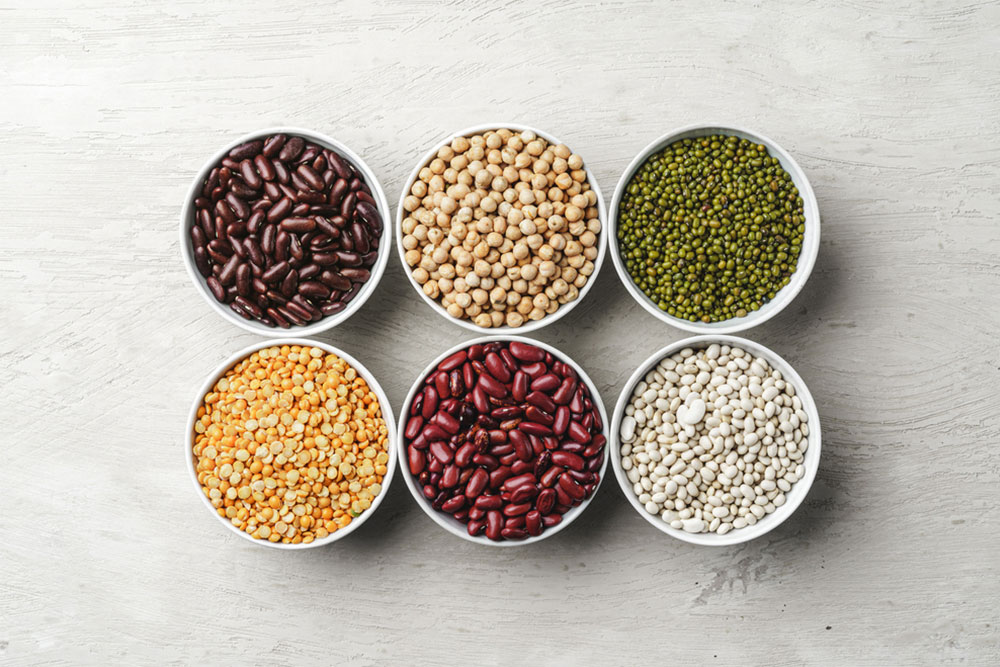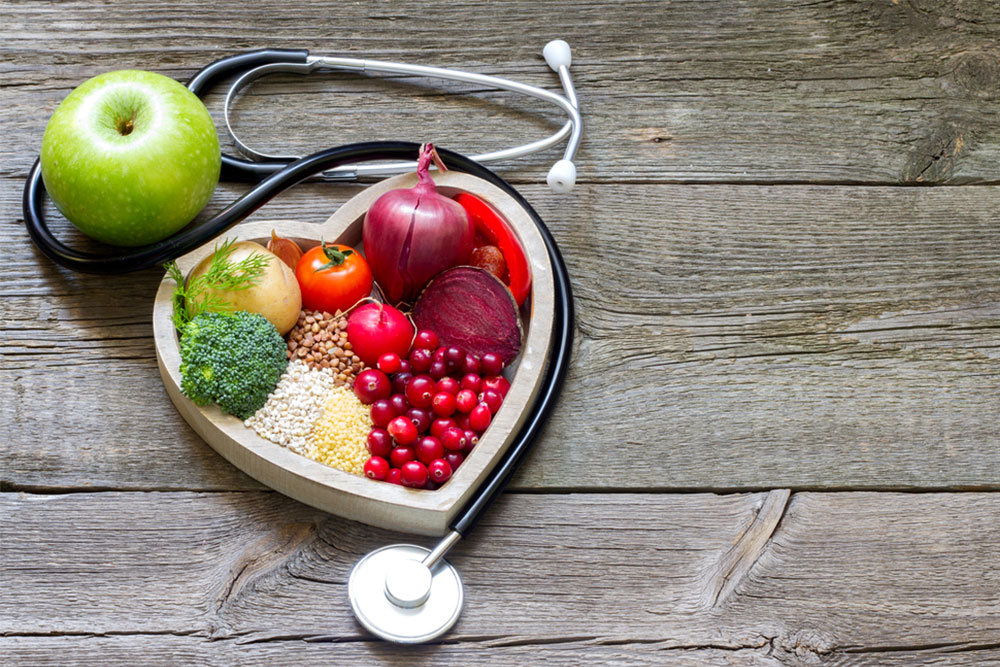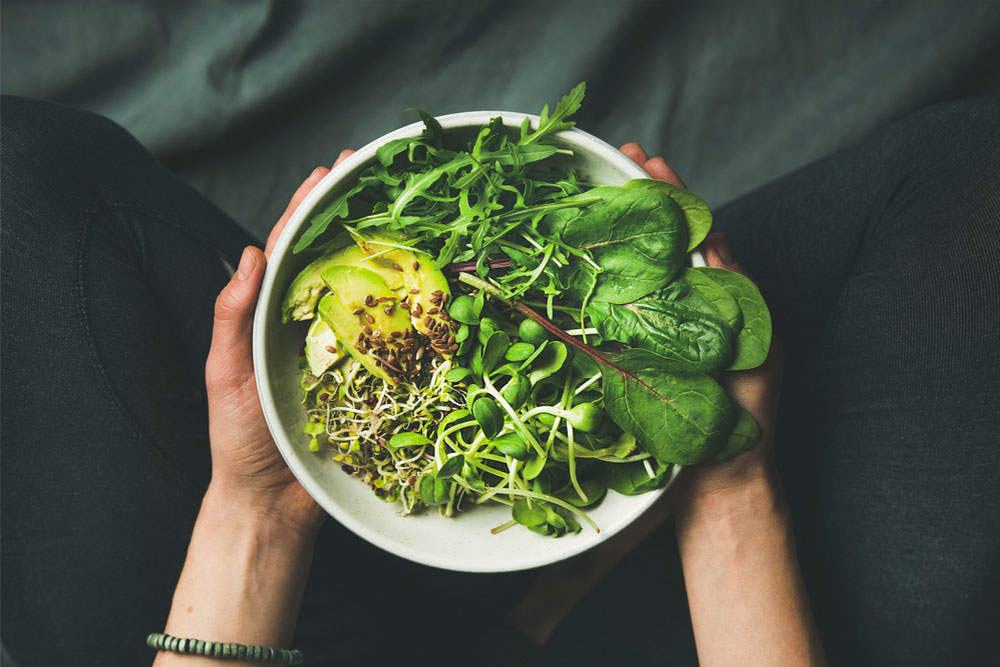Sir Paul McCartney, the legendary Beatle once said, “If slaughterhouses had glass walls we’d all be vegetarian.” As we become more aware of how our food reaches our plates, it is important to understand how to change our course of action. Over the last couple of years, we have at some point or another, come across people who have shifted to a vegan diet. This may have prompted many questions about their eating habits, and what being vegan entails.
Vegans do not consume meat, eggs, dairy, or any other animal by-product, including honey which is produced by bees. Instead, their diet mainly consists of fruits and vegetables, legumes such as peas, beans, and lentils, nuts and seeds, breads, rice, and pasta. They also opt for alternatives to dairy such as soy milk, coconut milk, and almond milk, and choose vegetable oils for cooking.

Those who have been on a vegan diet, or switched to it have shared a positive feedback. They claim to feel healthier, as compared to before. “The vegan lifestyle has had a tremendously positive impact on my body as well as my mind. Right off the bat, within weeks I was lifting heavier weights at the gym. My skin and my hair were healthier as I tried to eat a lot of plant-based foods, and not much junk food,” says Rashi Yadav, a digital creator who went vegan in 2019. It is also claimed that vegan diets can help reduce the symptoms of hormonal disorders. Avani Kuthiala, a student, who battled PCOS for most of her life, adds, “I've never felt better. I lost weight, and my skin cleared. Since I have PCOS, the symptoms I was experiencing have reduced significantly.”
A vegan diet comes with its set of pros and cons. Let’s have a look at some of them:
PROS

1. Reduced Risk Of Cardiovascular Disease
Meat has been known to contain a high amount of saturated and trans fats which lead to an increased blood cholesterol. High cholesterol levels can lead to fat deposits in the blood vessels. This can increase the risk of stroke and heart diseases. A vegan diet, which is mostly plant-based, contains no dietary cholesterol. Therefore, it can lower the risk of cardiovascular diseases.
2. Increased Antioxidants
Antioxidants are important as they have the ability to protect your cells from free radicals caused by a number of things, like pollutants in the air, and even radiation. A vegan diet is rich in antioxidants, which are found in vegetables, fruits, beans, and legumes.
3. Healthy Skin
Give your skin an extra boost as a plant-based diet is known to improve the texture of skin and keep it healthy, as the ingredients used are natural, without any added chemicals. Experts believe that the consumption of dairy can trigger various skin-related issues, acne being one of them, as dairy products contain growth hormones and added artificial hormones, which in turn can interfere with the hormones in our bodies, leading to breakouts.
CONS

1. Watch Out For The Micronutrients
While vegan diets tend to be rich in many nutrients, high in dietary fibre, and have low saturated fats and cholesterol levels, there are also chances of nutritional deficiencies. Following a strict vegan diet can cause deficiencies in vitamin D, B-12, calcium, omega-3 fatty acids, and zinc. These can further weaken your immune system, cause high blood pressure, or fatigue, and also increase the chances of bone fractures.
2. Iron It Out
Following a vegan diet can cause deficiency in iron levels. Iron from food comes in two forms: heme and non-heme. Heme is found only in animal flesh like meat, poultry, and seafood. Non-heme iron is found in plant foods like whole grains, nuts, seeds, legumes, and leafy greens. Those on a vegan diet would only be able to consume non-heme iron, which is not as readily absorbed by the body. In fact, certain plant-based compounds like phytates can inhibit iron absorption in the body. An iron deficiency can make you feel lethargic and put you at risk of developing anaemia, a condition in which your body does not produce sufficient red blood cells to carry blood to your body’s tissues, thus making you tired and weak.
3. Is It Meant For Everyone?
When you suddenly shift to a diet which involves completely giving up on various food groups, one has to weigh in and understand if it will work for them in the long run. For those who have a nut allergy or cannot have too much soy, the options further reduce in food items, where there already is a scarcity of options. Add to this the various deficiencies a vegan diet can cause, those with underlying health issues may be at risk of developing further health complications. Therefore, it is advisable to consult a nutritionist and healthcare practitioner to understand their requirements and contemplate whether a shift to a vegan diet is advisable or not.